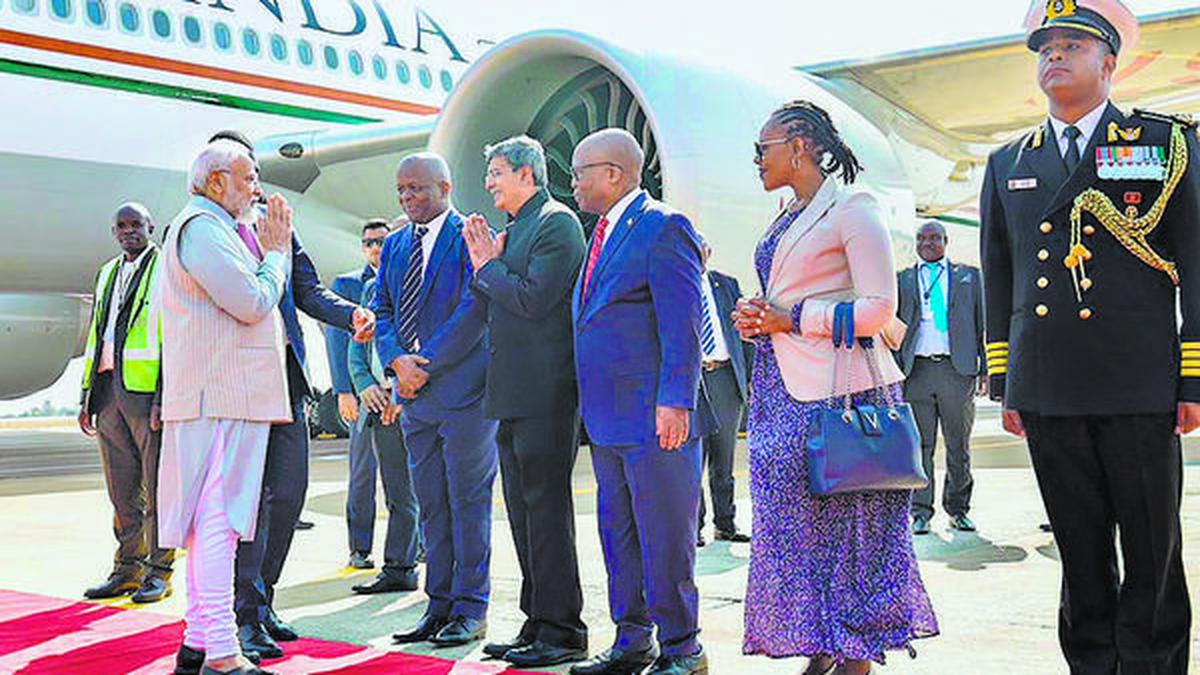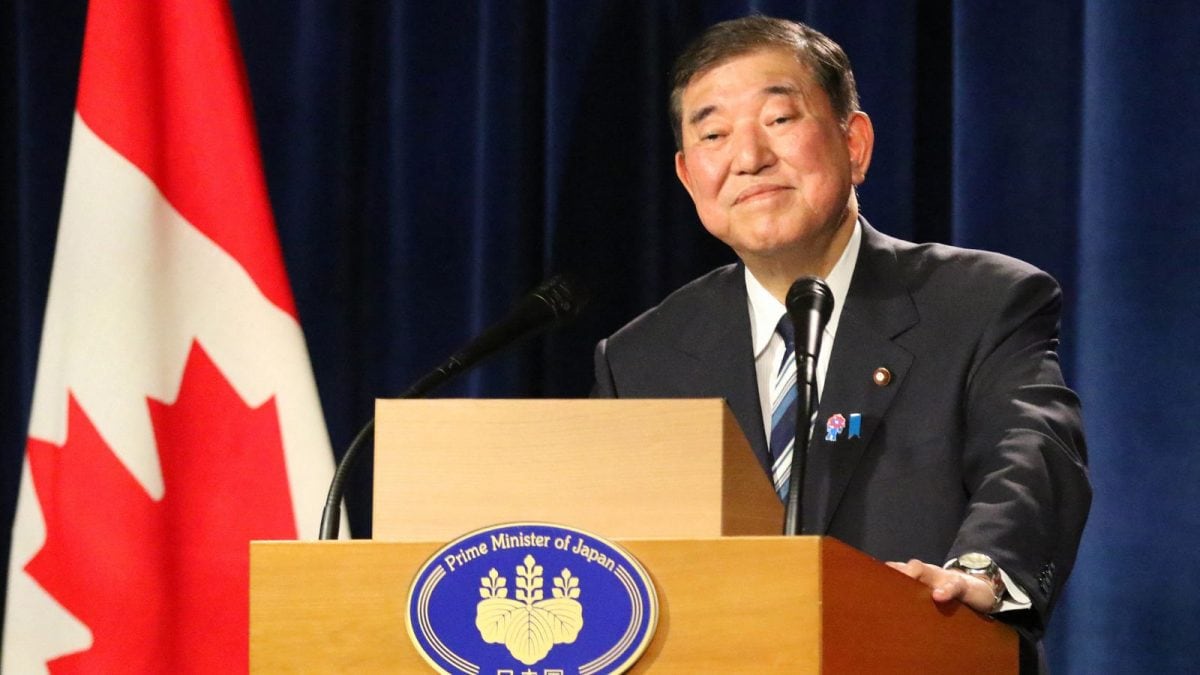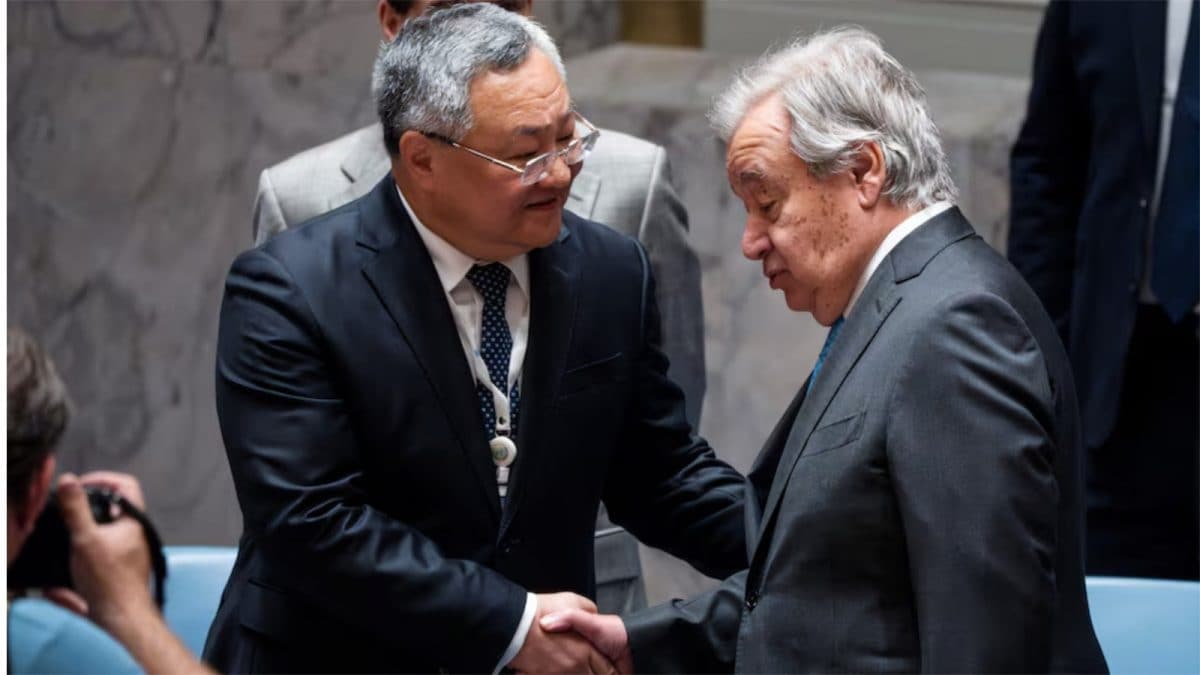One of the most disturbing features of the infamous Emergency (1975-77) in India was the sterilisation drive across the country to enforce population control. In several States, there were complaints of forcible sterilisation of men, irrespective of whether they had fathered a child or not.
In Tamil Nadu there were no cases of forced sterilisation. Nonetheless, the State did well in meeting its targets. The Shah Commission of Inquiry, constituted by the Morarji Desai government to probe into Emergency excesses in the country, noted that during 1975-76, Tamil Nadu exceeded the sterilisation targets fixed by the government of India, the performance being 2,70,691 vasectomy surgeries during 1975-76 against a target of 2,11,300. In the year 1976-77, 5,69,756 surgeries were performed as against the given target of five lakhs.
The M. Karunanidhi government was dismissed in January 1976, seven months after Emergency was promulgated.

A helicopter dropping family planning pamphlets over a slum area near the Marmalong bridge, Saidapet in Madras, the capital of Tamil Nadu in December 1975. | Photo Credit: The Hindu Archives
“The target of five lakhs set by the Government of India for 1976-77 was raised by the State Government to six lakhs. The State’s target was distributed among the different districts and these were further broken down into targets for the blocks, municipalities etc. Field workers appointed by the State Government exclusively for family welfare work were given specific monthly targets e.g. 10 sterilisation cases to each Block Extension Educator/Family Welfare Health Inspector, 5 cases to each Health Visitor and one case to each Auxiliary Nurse Mid-wife,” the Shah Commission noted in its third and final report. The District Collector was given overall charge and control of the entire family planning programme in the district and was empowered to exercise administrative control over the field staff insofar as they related to the implementation of the family planning programme.
Disincentives
“Some disincentives for Government servants, employees of local bodies and cooperatives were introduced vide Health and Family Planning Department’s G.O. dated September 17, 1976. Subject to exceptions specified in the order, the disincentives contemplated restriction of facilities such as free medical attendance, maternity leave with pay to women employees and maternity benefits to wives of men employees, to the first three children only,” the Commission noted.

Prime Minister Indira Gandhi presiding over the meeting with the Chief Ministers of all States and the Union Territories to discuss strategies to implement the new population policy in India, at New Delhi on April 15, 1976. Dr. Karan Singh, Union Minister for Health and Family Planning (left) is also present. | Photo Credit: The Hindu Archives
Government servants having two children or less or who had got themselves/their spouses sterilised were assured preferential treatment in the matter of grant of government housing loans; loans for purchase of scooter, motor car etc.; assignment of house sites and; allotment of houses by the Tamil Nadu Housing Board.
The Order also envisaged that an undertaking would be obtained from the new entrants to government service that they would restrict the number of children to two except in the case of those government servants having both children of the same sex. In that event, they could have one more child. They were also expected to furnish an annual statement about the family size etc. to the Head of Office. Some of these disincentives were, however, withdrawn in April 1977 and the rest in September 1977.
Role of school teachers
The Commission pointed out the services of school teachers were sought to be utilised for motivational work among the public. In September 1976, the Education Department informed the Director of School Education that every teacher must get a minimum of two cases for sterilisation during the year. “While there should be no compulsion on the part of either the motivator or the acceptor, the teacher should take active interest in this vital programme and try to exceed the target,” it said.

The Population Education Cell of the Family Planning Association of India (FPAI) in Madras organised an educational programme in Tamil Nadu in August 1975 | Photo Credit: The Hindu Archives
According to the order, fulfilment of the targets would lead to commendation entries in the Character Rolls of the teachers concerned. Other incentives would take the shape of certificates of merit, appropriate cash awards and advance increments for outstanding contribution and State-level awards for the maximum motivational targets achieved.
Punitive action
At the same time, it was brought to the notice of the State government at the Parliamentary Consultative Committee meeting held at Madurai on December 7, 1976 during the President’s Rule, that disciplinary action had been taken en masse against the teachers and staff other than Health and Family Planning staff for their failure to achieve the Family Planning targets fixed by the Commissioners of Panchayat Unions and others.
There were also allegations that circulars had been issued by overzealous Panchayat Union Commissioners for suspension/dismissal of the teachers for failure to bring cases of sterilisation.
“The Commissioner and the Secretary, Health and Family Planning Department, therefore, wrote to the Heads of the Departments concerned on December 8, 1976 requesting them to issue strict instructions to the Commissioners of Panchayat Unions and other executive authorities to withdraw all circulars threatening action against teachers etc. for non-fulfilment of the targets assigned to them,” the Commission noted. He also desired that persons who had been placed under suspension or had been dismissed from service on account of their failure to achieve family planning targets should immediately be restored to duty in the posts in which they were employed prior to their suspension/dismissal etc.
The Shah Commission said the State government had submitted there was no organised resistance to the family planning programme during the Emergency nor was any person detained under MISA/DISIR or any other law for opposing the family planning programme.
However, the State government did not furnish information on the number of cases of sterilisation of unmarried persons, persons having two or less children and persons more than 55 years of age. Nonetheless, it told the Commission that 90 cases of death after sterilisation had been reported during the period Emergency.



.png)
.png)
.png)
















 9 hours ago
3
9 hours ago
3









 English (US) ·
English (US) ·